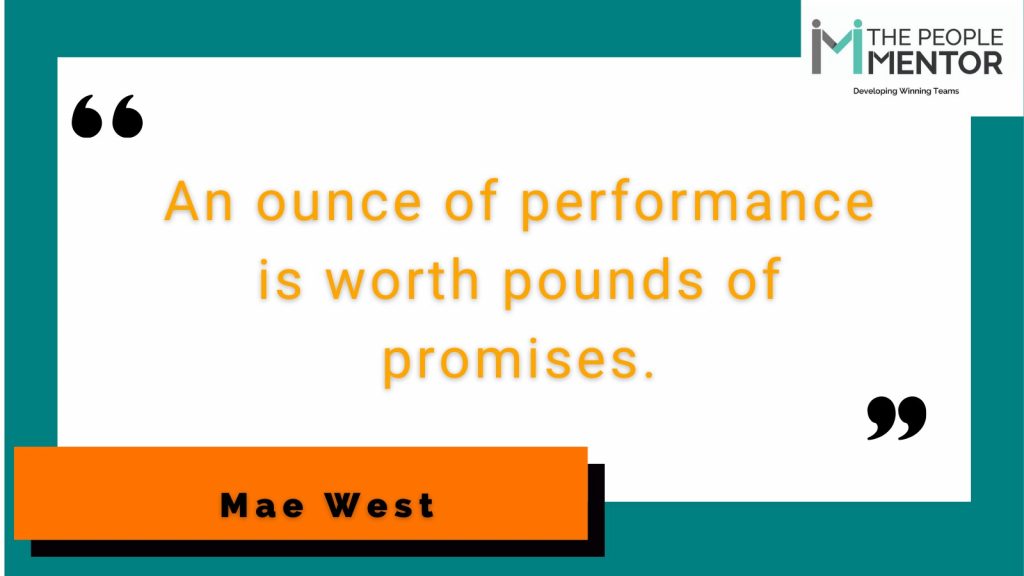Are you sitting comfortably? Welcome to my series of podcasts that will help you to navigate those inevitable difficult events at work that are part of being a small business owner. Today I want to talk about why employee performance reviews are important for small businesses.
If you’re anything like many other small business owners, you probably wear a lot of hats from manager to customer service and more. If you don’t have any HR personnel, you’re likely to be the person responsible for hiring employees and everything in between; and you’ll no doubt be amazed at how time-consuming employee issues can be. Performance reviews are an important tool that will help you manage and develop your employees proactively.

So what does a performance review involve?
A performance review should provide you with the chance to praise employees for a job well done, address any areas where there’s room for improvement, and give employees a chance to speak about any issues they might have. It’s also a good chance to document goals for the future that can be reviewed next time. If the review is done well, it can increase performance, productivity, and morale, which can only be good for your bottom line.
Why are performance reviews important?
Some businesses view performance reviews as outdated, a waste of time, or a tick-box exercise, but they can actually be great for your business. But why?
Firstly, think about how difficult it can be to find great employees. But all great employees don’t start off that way, they’re developed by good employers. Performance reviews are a great way for you to help your employees improve and grow.
Performance reviews should be about looking forward, setting goals for the future and getting employees enthusiastic about how they are going to contribute to the success of the business. This approach will be much better for your bottom line than using reviews to simply hold employees accountable for their past performance.
A forward-looking approach is a much better way to keep employees motivated too, and using a performance review to give feedback is important. People like to know how you think they’re doing, and this can be the difference between them staying with you or going elsewhere because they feel like they’re just drifting along or craving a new challenge.
The performance review can also be a chance for you to talk to your employees. The importance of having an open line of communication should not be underestimated and you’ll find that it improves working relationships considerably.
If you’re listening to these points and thinking yes, that’s all good, but where do I find the time, there are ways that you can make the performance review process a little less time-consuming and painful. There are apps like Salesforce that you can use to record feedback and collect data that can be used when the performance review comes around.
So we’ve talked about why performance reviews are good, but how do you make them go smoothly?
First, I’d say don’t make them complicated. Use basic forms and checklists to record an employee’s progress and anything you’ve discussed. Ask your employee to write down things they’d like to discuss prior to the review including some goals for the coming year which will give the review some direction.
Next, even if you have to criticise your employee, do it constructively. Focus on a strength-based conversation, rather than just going through a list of what they have done wrong. Focus on what they do well then work together to discuss how to deal with the areas that need improvement.
And remember to keep the review confidential. An employee isn’t going to want to discuss their issues in a reception area where people are coming in and out, for example.
Finally, what should you do if a performance review doesn’t go well?
If you have to confront an employee about performance or behavioural issues during the review, they might not take it well. Rather than avoiding the discussion because of fear of conflict, simply tell your employee about your concerns in a non-accusatory way.
Tell them what you expect from them and how they weren’t meeting the standards that you expect. Make sure you allow them to talk. Maybe they have an ongoing personal issue that is affecting their performance or maybe current work systems aren’t allowing them to work as well as they could. Either way, work with them to identify possible solutions.
Look at the issues again at the next review, which you might consider scheduling sooner rather than later, so you can see whether any changes you’ve made are working or if you need to try something else.
Performance reviews don’t need to be time-consuming, difficult, or a source of stress for either you or your employees. All you need to do is keep it simple, and focus on strength-based feedback and employee development, and regular reviews can become a pathway to continued success.
I hope that you got some good tips from today’s podcast, and I’ll see you next time for the next one in the series.
This is The People Mentor, signing off.





